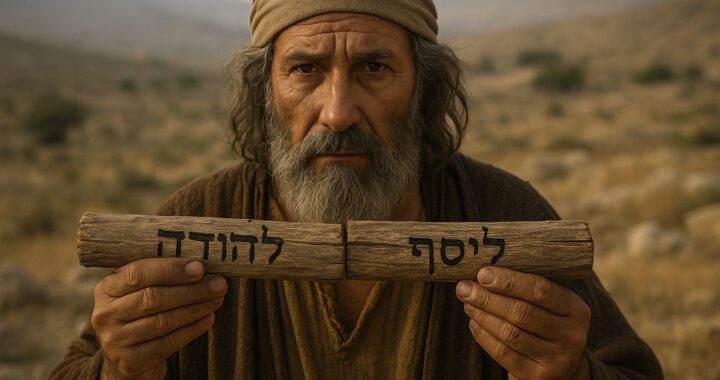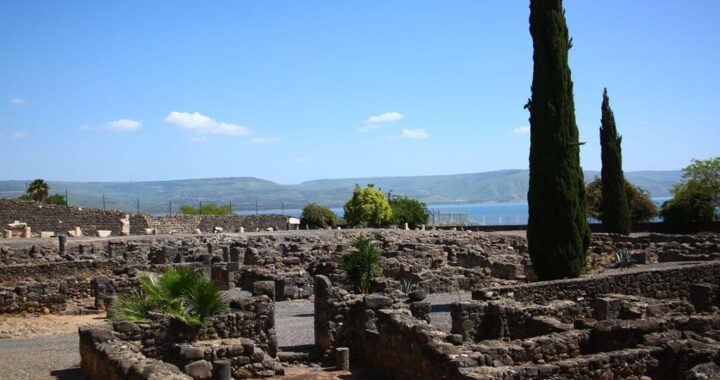Ezekiel 37:15-28 and Elements of God’s Future Promises to Israel
The Prophet Ezekiel was called to an unusual but important ministry to the captives of Judah in Babylon. Despite his unusual methods (e.g., symbolic acts) and extraordinary visions (e.g., Ezek 40–48), his overall message is clear and provides insight into God’s plan for Israel.
The Context of Ezekiel’s Prophecy of the Two Sticks
Ezekiel was taken captive in the second wave of the Babylonian Captivity when King Jehoiachin was taken captive in 597 BC (Ezek 1:2). Ezekiel then spent the remainder of his life in exile in Babylon, ministering to the captives that lived by the river Chebar (1:1, 3).








